
Crakes & Rails
Moorhen
The Moorhen is a common waterbird found in Ireland, inhabiting ponds, lakes, and wetlands across the country. With its distinctive black plumage, white undertail feathers, and red-tinged beak, the Moorhen is a fascinating sight for birdwatchers and nature lovers alike.

Description:
The Moorhen, also known as the Common Gallinule, is a medium-sized water bird found in Ireland. They have a distinctive red forehead and bill, which contrasts with their dark body feathers. They also have white stripes along their flanks, making them easily recognizable.
What they eat:
Moorhens are omnivorous and feed on a variety of plant and animal matter such as seeds, fruits, insects, and small fish. They are known to forage on land as well as in shallow waters.
Habitat:
Moorhens are commonly found in wetland habitats such as reed beds, marshes, and ponds. They prefer habitats with dense vegetation cover to provide hiding places and nesting sites.
Size and Wingspan:
Moorhens are small to medium-sized birds, measuring about 30cm in length and weighing around 300g. They have a wingspan of around 50cm.
Male/Female Difference:
Male and female Moorhens are similar in appearance, with the male being slightly larger and having a more prominent red patch on the forehead. During breeding season, males may display their red forehead and engage in courtship behavior such as puffing up their chest feathers.
Where to find:
Moorhens are found throughout Ireland, particularly in wetland habitats. They are commonly seen in urban parks and gardens with ponds or lakes.
What months can be found in Ireland:
Moorhens breed from April to August, and can be found in Ireland year-round. In winter, they may form flocks and migrate to warmer areas if the water surfaces freeze over.
Interesting note:
Moorhens are known for their aggressive behavior towards other birds, particularly during breeding season when they defend their territory and nesting sites. They have been observed attacking birds as large as swans and geese. Despite their feisty nature, Moorhens are also known to be good parents - both parents share in the incubation and raising of their young.
Other Birds of Ireland...
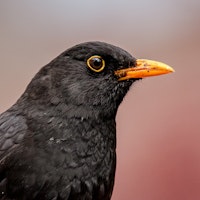
Blackbird
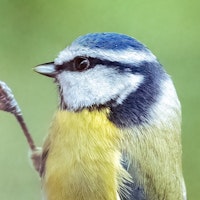
Blue Tit
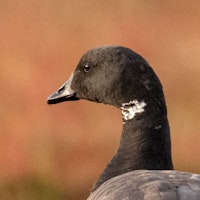
Brent Goose
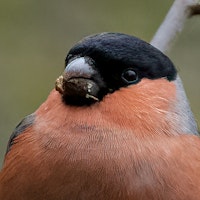
Bullfinch
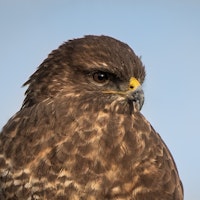
Buzzard

Chaffinch
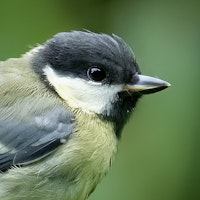
Coal Tit
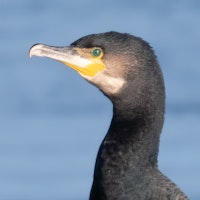
Cormorant
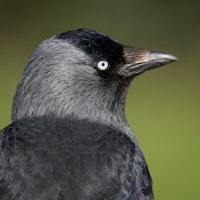
Crow
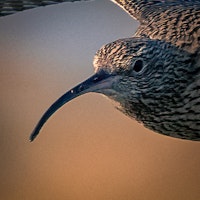
Curlew
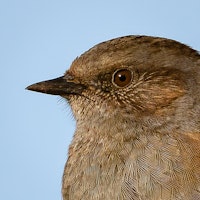
Dunnock
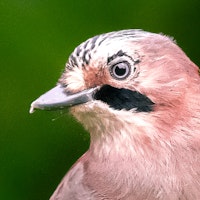
Eurasian Jay
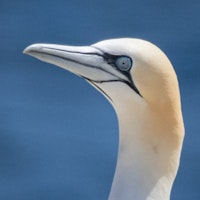
Gannet
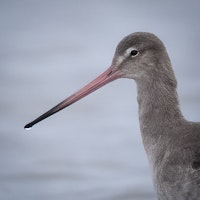
Godwit
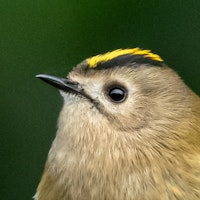
Goldcrest
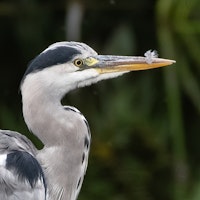
Grey Heron
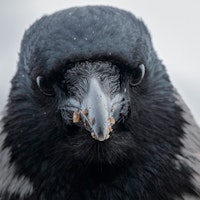
Hooded Crow
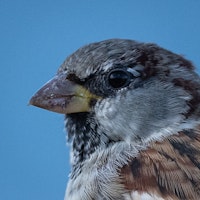
House Sparrow
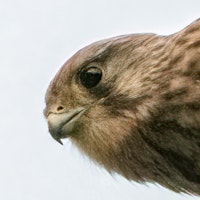
Kestrel
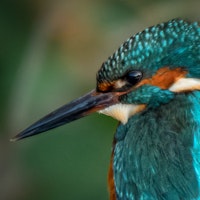
Kingfisher

Lapwing

Little Egret

Long Eared Owl

Long-tailed Tit

Mallard Duck

Merlin

Moorhen

Mute Swan

Oyster Catcher

Peregrine Falcon

Pied Wagtail

Pintail

Puffin

Red Kite

Redshank

Robin

Rook

Sanderling
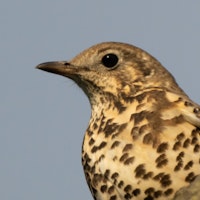
Song Thrush

Sparrowhawk

Starling

Stonechat

Swallow

Tree Creeper

Wren
More pages currently being produced...
Please connect to get updated when new pages are published
